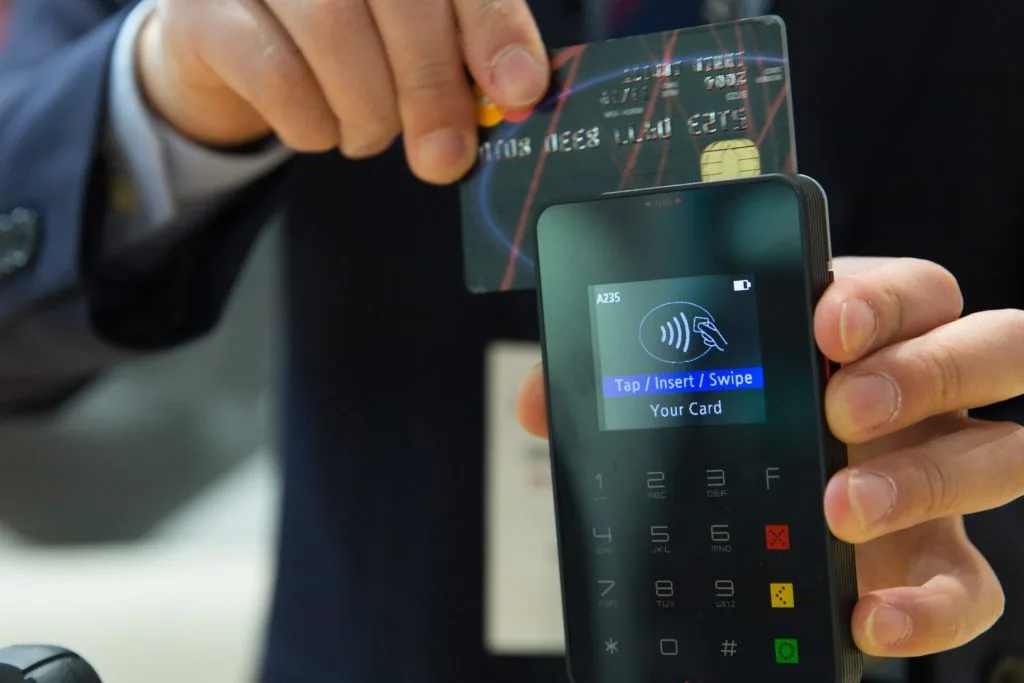
Philipp v Barclays Bank: Highly anticipated Supreme Court judgment expected next week

By James Gliddon, Gena Ritchie, Adam Davies
7 Jul 2023 | 6 minute read
On 12 July 2023, the Supreme Court will hand down its highly anticipated judgment in the case of Philipp v Barclays Bank UK Plc.
The case, which was heard by the Supreme Court on 1 and 2 February 2023, concerns an Authorised Push Payment fraud (APP fraud). APP fraud occurs when a customer of a bank is deceived into instructing their bank to transfer money into an account controlled by a fraudster.
Background
In this case, Mrs Philipp, a customer of Barclays, was deceived by a fraudster posing as an FCA employee working in conjunction with the National Crime Agency, and consequently made international payments of £700k to two bank accounts in the Middle East. The transferred funds have not been recovered.
Mrs Philipp sued Barclays for failing to detect the APP fraud. In her claim, Mrs Philipp alleges that Barclays owed her a duty to observe reasonable care and skill when executing her instructions and, further, this required Barclays to refrain from transferring the money if it had reasonable grounds for believing that the instructions were an attempt to misappropriate funds. Mrs Philipp has alleged that Barclays breached this duty, also known as the Quincecare duty, by executing the payment instructions and not taking adequate steps to recover the payments once the fraud had been discovered.
A breach of Quincecare duty?
Historically, the scope of the Quincecare duty was thought to have been limited to circumstances where an agent is acting on a customer's behalf (i.e., a director giving instructions on behalf of the company). Instances where a customer has made a payment instruction themselves, but under the influence of a fraudster, were thought to have fallen outside of the scope of the duty. On this basis, Barclays applied to strike out Mrs Philipp’s claim.
The High Court granted Barclays application and held that the scope of the Quincecare duty did not extend to circumstances where a customer made a payment instruction themselves as opposed to via an agent. The Court of Appeal, however, allowed Mrs Philipp's appeal, concluding that the application of the Quincecare duty did not depend on whether an instruction is made by a customer or an agent.
The arguments made in the Supreme Court
For a detailed analysis of the submissions made by both parties at the Supreme Court hearing, see our previous article.
In summary, Barclays argued that, where it receives a valid instruction from a customer, to refrain from executing the payment would be a breach of its mandate, and its duty to exercise reasonable care and skill does not extend beyond the execution of the instruction itself. Barclays did, however, indicate acknowledgment of the possibility of an implied duty of honesty arising in circumstances where there is actual knowledge of a fraud.
Conversely, Hugh Sims KC, representing Mrs Philipp, argued that the extension of the scope of the Quincecare duty is necessary to protect customers and promote public confidence in the industry in light of the significant rise in APP fraud cases. It was argued that banks should be subject to the Quincecare duty where it has reasonable grounds, judged objectively, to suspect fraud regardless of whether the instruction has been made by a customer or an agent of the customer.
What will the Supreme Court consider in its judgment?
In its judgment the Supreme Court will consider the following issues:
- Does the Quincecare duty have any application in a case where the relevant payment instruction was not issued to the bank by an agent of the bank’s customer?
- If not, should either (i) the Quincecare duty be extended so as to include the obligations contended for by Mrs Philipp in relation to APP Fraud, or (ii) the law recognise or impose such obligations on a paying bank as incidents of its duty to exercise reasonable skill and care in and about executing an instruction?
- Should the Court determine issues one and/or two above on a summary judgment and/or strike-out application?
What could the potential impact be?
Whilst the impact will become clearer once the judgment is available, it should be recalled that judgments are given on the facts/arguments/issues before them. The difficult assessment will always be around the edges of the decision and this case will merit careful consideration of its application.
If the Supreme Court finds in favour of Barclays
With that caveat in mind, if the Court finds in favour of Barclays,the Supreme Court's judgment may confirm that the scope of the Quincecare duty is limited to circumstances where an agent is acting on a customer's behalf and provide clarity in relation to the limits of its duty to exercise reasonable care and skill when executing payment instructions.
If the Supreme Court finds in favour of Mrs Philipp
The Supreme Court's decision could have wide ranging ramifications across the financial services industry, as banks and PSPs could risk facing increased liability in circumstances (including for historic cases) where an individual customer is victim of fraud and would not have been covered by the voluntary Code.
Should Mrs Philipp be successful in this appeal it is worth remembering that this is not the end of the case. The matter was originally struck out at an early stage and would head back to the High Court for determination at trial. Of course, there remains the real possibility, that Barclays would be successful at defending this matter at trial based on the evidence that will be before the trial judge.
For Banks and Payment service providers (PSPs)
Notwithstanding either outcome, it would not eliminate risk for banks and PSPs in regard to fraud victim's claims for refunds.
For instance, earlier this month the Payment Systems Regulator confirmed new mandatory requirements for banks to reimburse customers who have fallen victim to APP fraud in certain cases.
This follows the launch of the voluntary Contingent Reimbursement Model Code launched in 2019 (the Code), which sets out good industry practice for preventing and responding to APP scams. The PSR requirements, due to be introduced next year, will apply to APP fraud within the faster payments system only, and will not extend to transfers made across other payment systems, international payments, civil disputes, or payments made for unlawful purposes.
Whilst Mrs Philipp's case would have therefore fallen outside of the scope of the new PSR requirements (due to the international dimension), it is clear that the APP fraud reimbursement regime is expanding, and banks will soon begin to face increased liability despite the Supreme Court's decision in this case.
According to data published by UK Finance in their recent annual report, APP fraud resulted in losses of over £480 million last year alone, so the sums for which banks could find themselves liable to reimburse are significant.
The only proposed exceptions to the new reimbursement requirement are where the customer has acted fraudulently or with gross negligence. This is a high bar, so to protect themselves (and their customers) against the risks of APP fraud, banks and PSPs should ensure that they have effective fraud detection and prevention procedures in place to assist it in reducing the number of successful fraudulent transactions.
The Quincecare duty's application to corporate fraud victims has been confirmed in previous Supreme Court decisions (e.g. Singularis) and therefore the question of what knowledge is sufficient to engage the duty will always be highly fact sensitive. We are reminded of other court's willingness to evaluate the scope of Quincecare and the decision of Aegis.
Alternative and novel approaches which may be available, such as the claim in debt supported in the recent HK decision in PT Asuransi Tugu Pratama Indonesia TBK (formerly known as PT Tugu Pratama Indonesia) v Citibank N.A. [2023] HKCFA 3.
Get in touch
To find out more about the evolving fraud landscape or to discuss any of the issues raised in this article, please get in touch with a member of the team.
















